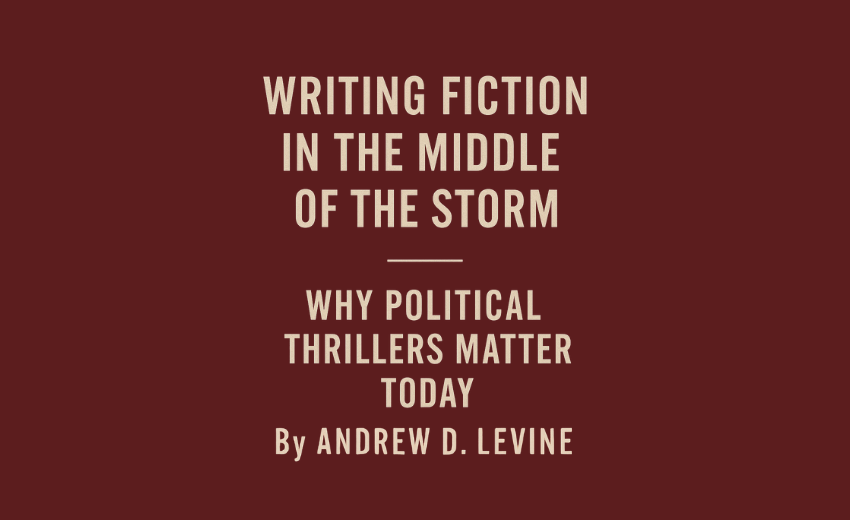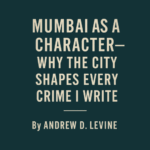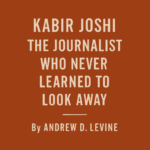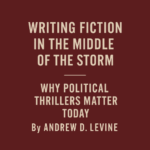
Let’s get one thing out of the way: my stories are fiction. The characters, the crimes, the conspiracies — all imagined. But the pressure behind those stories? The tension in the walls? Very real.
I write about murder, corruption, and the media in modern-day Mumbai because it reflects a larger truth about where we are right now — not just as Indians, but as people in democracies around the world. Bombay Reckless and Death in the Rain aren’t just about solving crimes. They’re about navigating power in places where the rules are rigged and truth is expensive.
Fiction is a strange thing. It allows you to say the things that nonfiction sometimes can’t. It lets you hold a mirror to a broken system without directly pointing fingers. And in that space — between what’s real and what could be — we find something deeply honest.
In Death in the Rain, when Kabir Joshi uncovers the forces behind a politician’s assassination, he isn’t just unearthing a killer. He’s pulling back a curtain most people are paid not to look behind.
In Bombay Reckless, we see how small players — a young reporter and a rising activist — challenge a system that would rather erase them.
The stories I write are thrillers, yes. They’re packed with pace, conflict, and suspense. But more than that, they’re invitations. Invitations to care. To ask questions. To see the system for what it is — and still believe in the possibility of people who fight anyway. Because in the end, the most dangerous thing in a corrupted world isn’t power. It’s the ones who won’t stop telling the truth.




